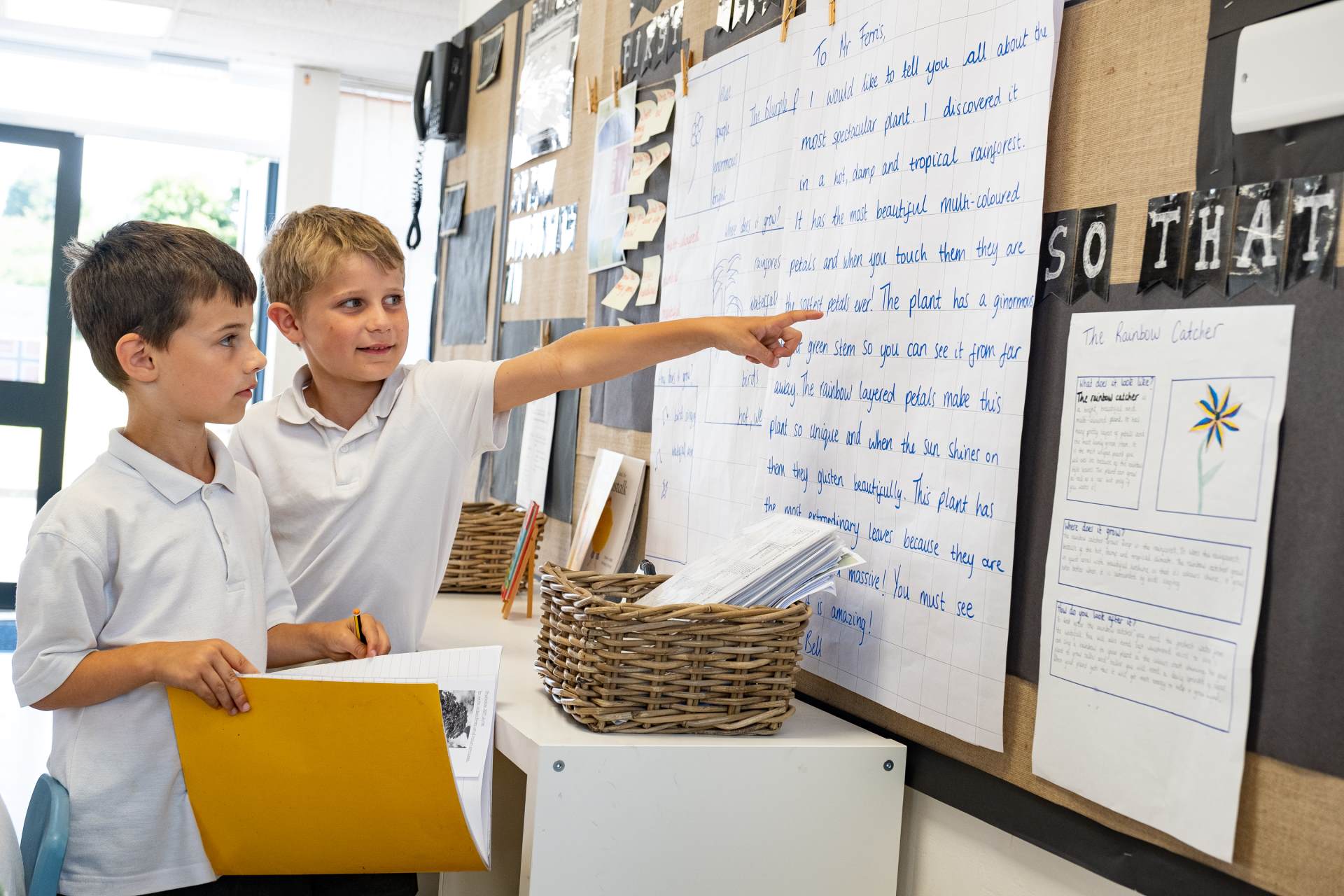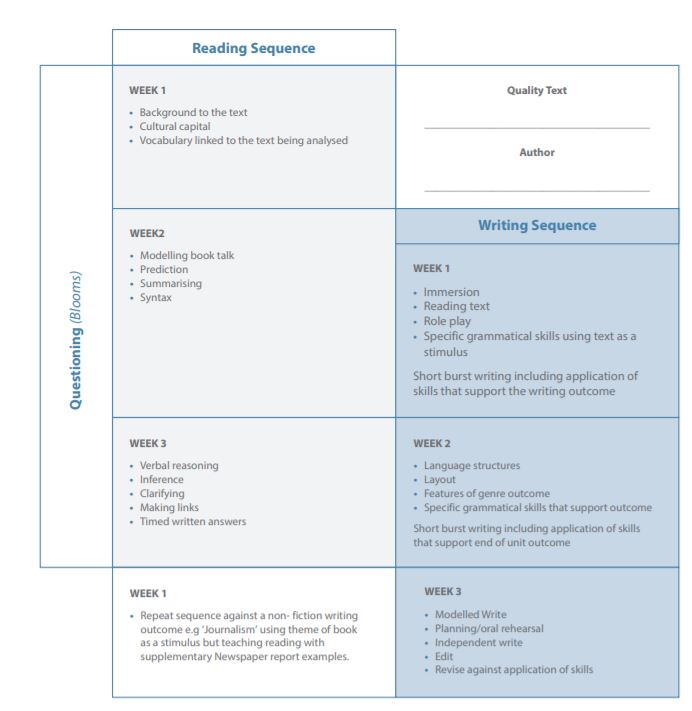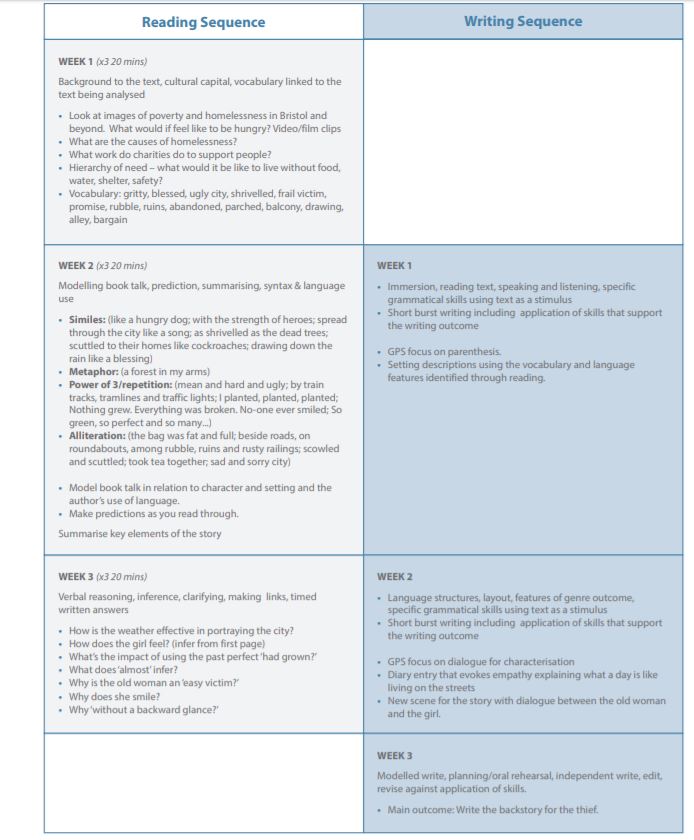We Are Authors
At Stoke Lodge, our English curriculum is driven by a range of high-quality texts which seek to challenge and lead to the development of the personal and cultural capital of the children attending our schools.
The texts provide a stimulus for reading, writing and oracy and aim to deliver an opportunity for all to be immersed in a rich vocabulary; one that will support their own development and nurture a genuine love of language and the written word. We believe that all of our children are authors and that the link between reading and writing are heavily entwined. Children are encouraged to question author choices and explore the context in which a text is written, making links with the world around them. Our aim is that English learning is contextualised in children’s experiences and therefore is carefully planned with explicit links to children’s wider learning. We enrich English learning with visits from authors, trips and experiences that will provide a real purpose for reading and writing.
English is taught through a sequential journey that encourages children to read like a writer and write like a reader. The children use a high quality text each term as the basis of their learning. The text is then supplemented with other genre specific texts/extracts dependent upon the expected writing outcome, whether it be to entertain, to inform, to persuade or to discuss.
We plan a unit of work for both reading and writing over a period of three weeks, ensuring that we have a balance of skills and application being taught throughout. In writing, well-planned learning intentions based on formative assessment are mapped out over a complete sequence, enabling learners to move through the gears from novice to expert. We plan a writing sequence backwards, beginning with the end of unit outcome and focusing on the skills that need to be developed in order for children to meet the required expectation; this is known to teaching staff as ‘bottom-up planning.’

Reading and Writing Sequence
Please note the reading sequence is staggered one week ahead of the writing sequence to ensure key vocabulary and cultural references have been fully explored prior to using the text in writing.
It is important to highlight that within each writing stage, explicit grammar skills are taught in context, with opportunities to apply these in writing across each phase. This may well involve re-visiting a genre that has been taught previously or an opportunity to write a shorter piece that will link to the end of unit extended writing outcome.


Writing Expectations
- Learners will produce one non-fiction and one fiction end of unit extended piece of writing termly.
- Further writing opportunities must be given in each stage to allow the application of specific skills to be developed.
- Grammar skills will be taught in context
- Learners should be exposed to a rich diet of genre-specific supplementary texts within each unit and have the opportunity to explore authorial choices, make comparisons and deepen their own vocabulary.
- Learning intentions will link and model the learning journey clearly for the learners and will separate the skill from the ‘genre vehicle’ being used.
- There will be opportunities for shared writing and modelled writing in each phase.
- Texts will be taught contextually.
- Within each phase, oracy will be developed through book and writer talk, meta-language (structure, grammar, revising and editing) the teaching of specific vocabulary and collaborative learning (discussion and presentation)
- Learners take pride in their presentation using a cursive script for handwriting (from Year 2), valuing the editing and revising process as part of the writing journey.
Click here for our taught curriculum (Key Learning Intentions).



